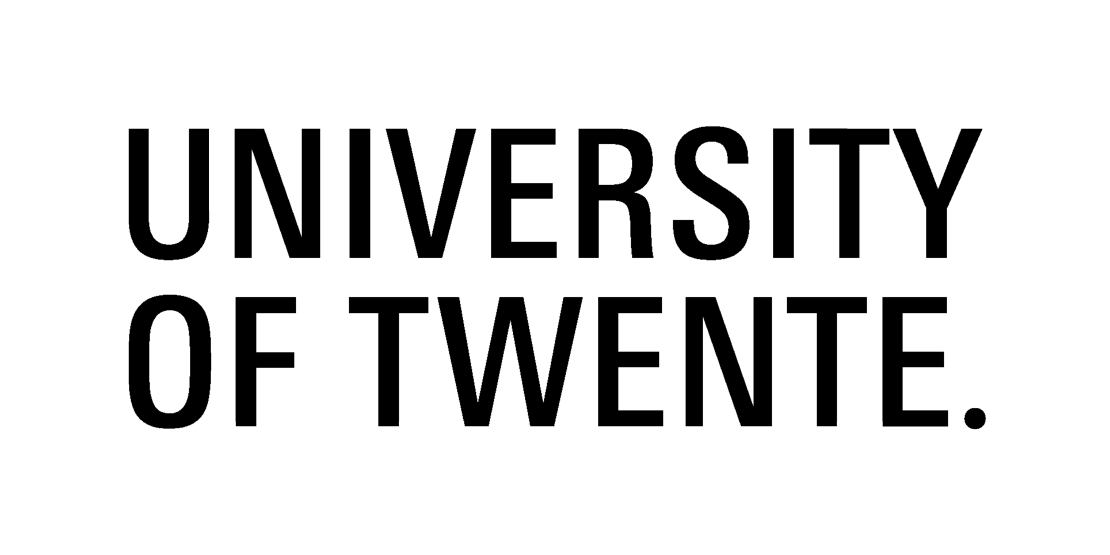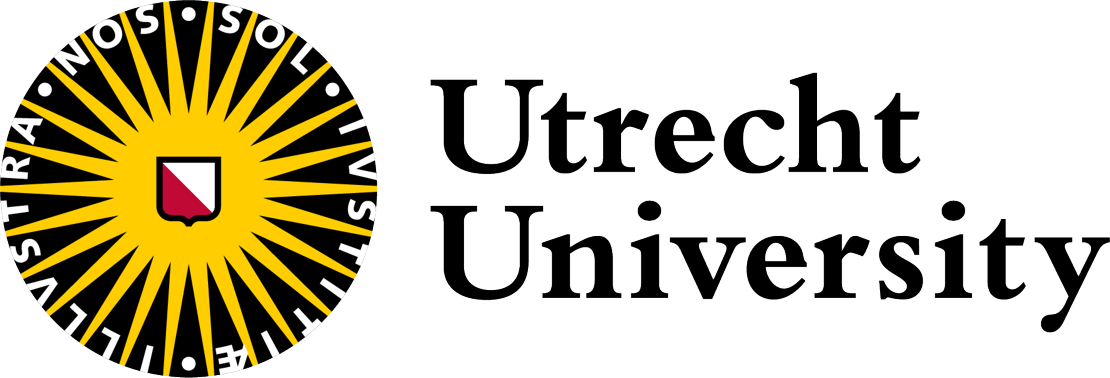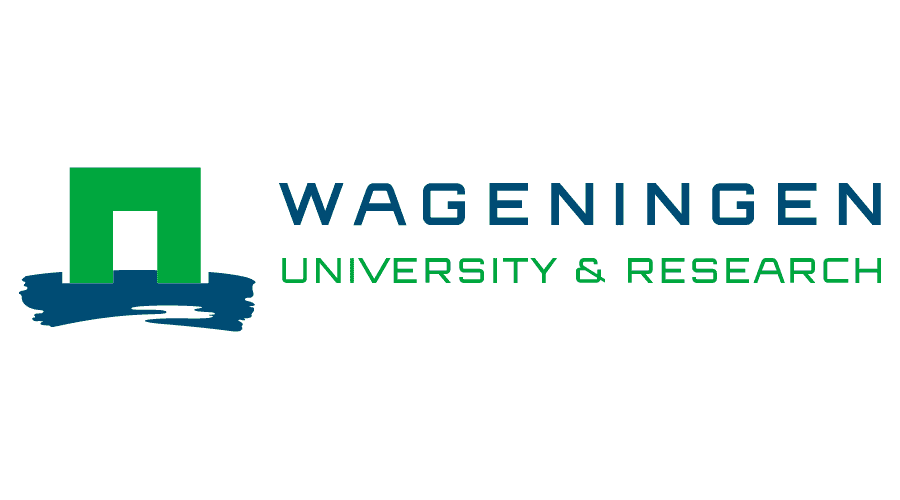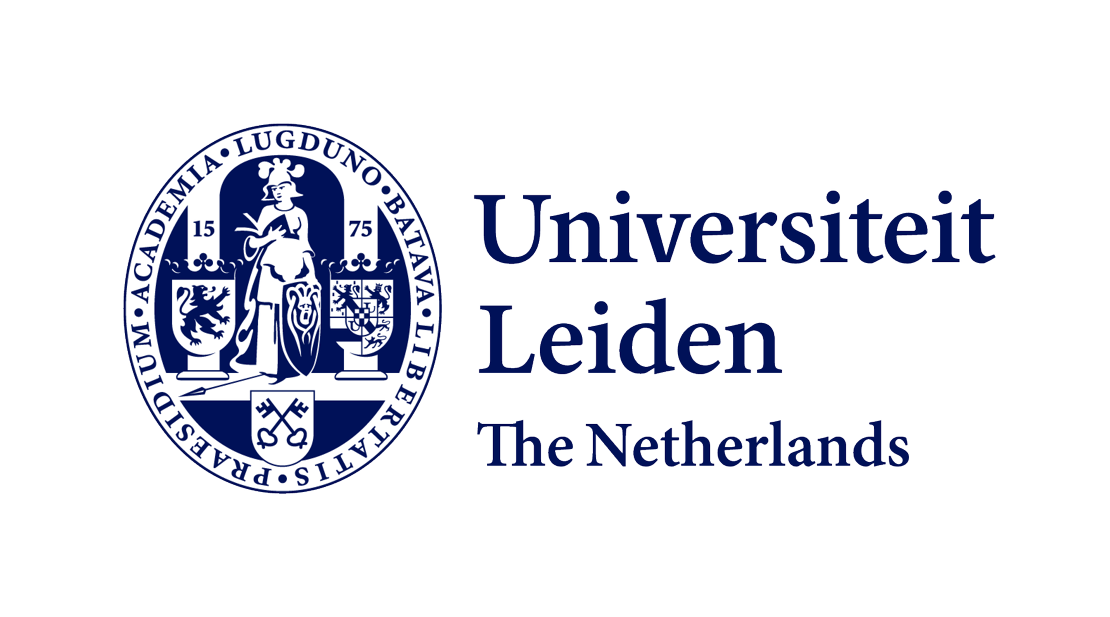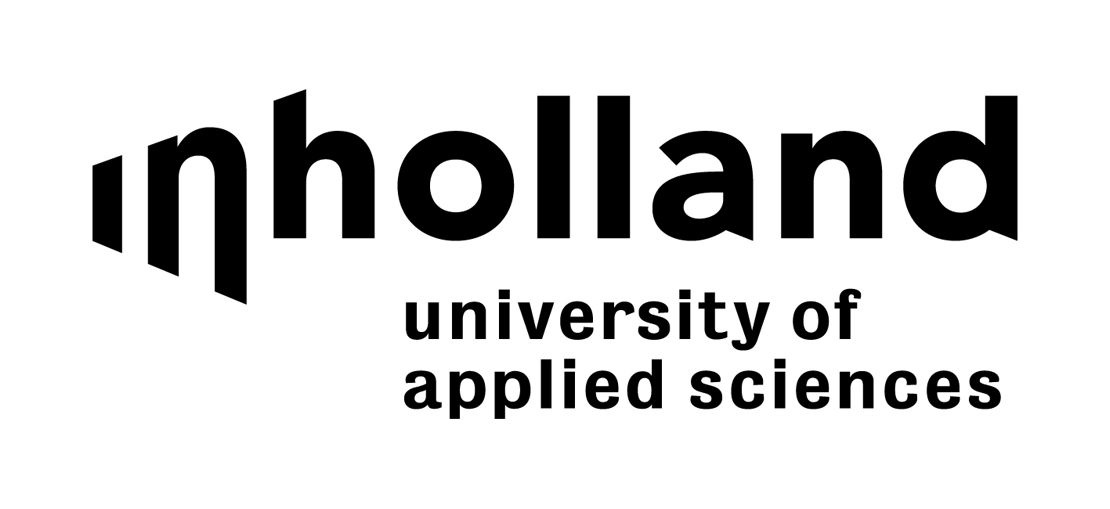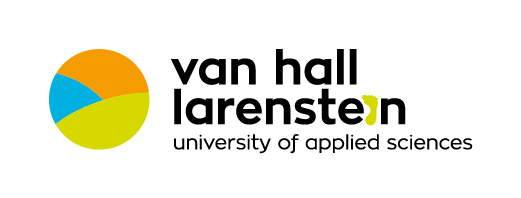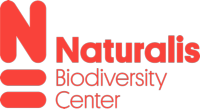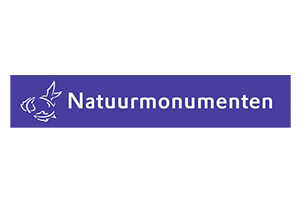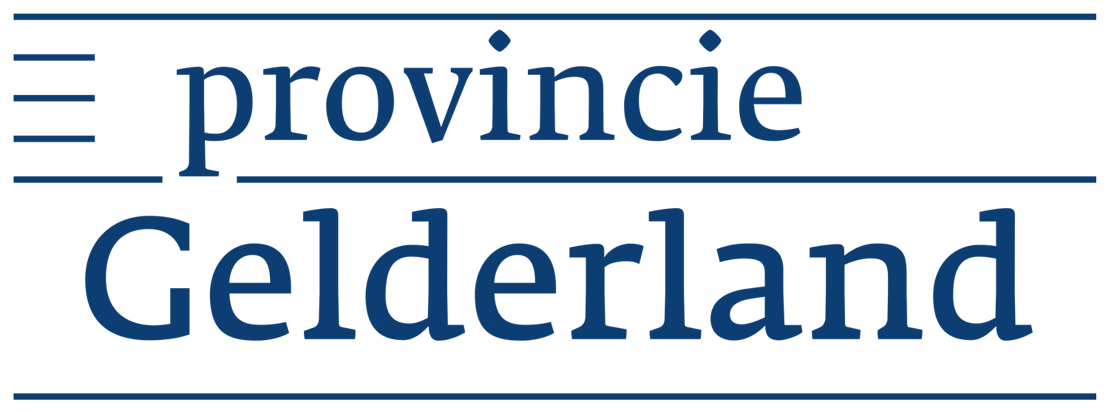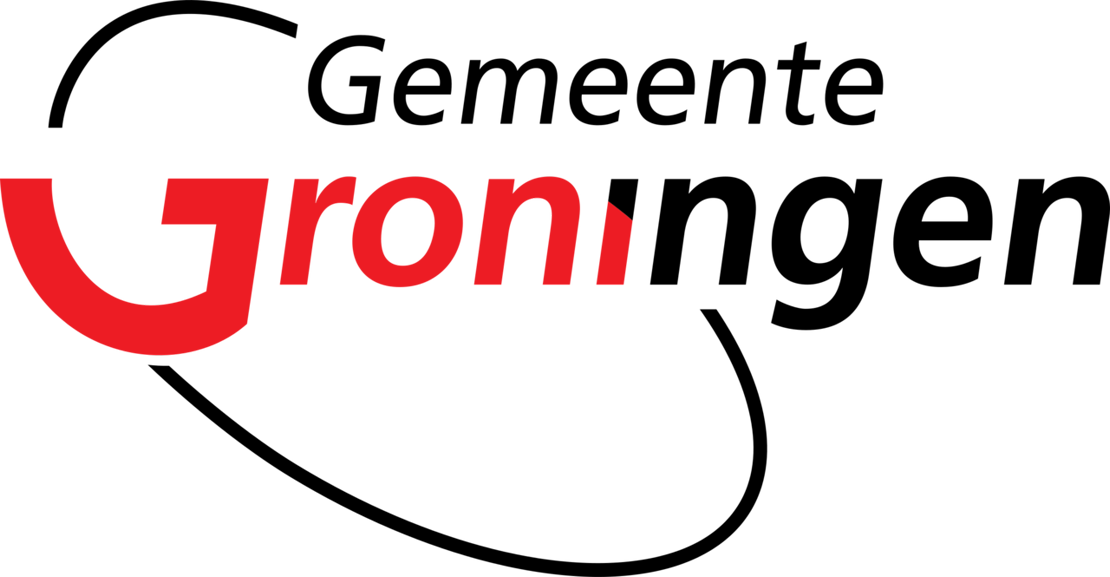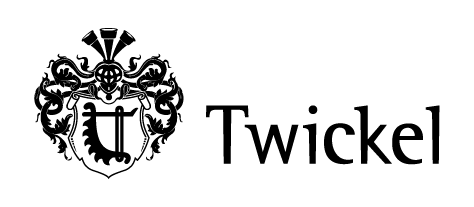Knowledge partners
| University of Twente, Leads the project through the Faculty Geo-Information and Earth Observation Science (ITC) and staff from the faculty will conduct the landscape level spatial analyses and resilience quantification, contribute to species distribution modeling, will bring in their experience and network on co-designing ecosystem (service) monitoring schemes, and extensive expertise in science-policy platforms. The Faculty on Behavioural, Management and Social Science (BMS) will contribute with its expertise on co-design and knowledge co-production, reflexive monitoring, participation, science policy interfaces, and knowledge-action connections in 'rurban' areas. People involved: Wieteke Willemen (Project Lead), Jenny Cooper (Project Coordinator), Thomas Groen, Wietske Bijker, Steven McGreevy, Esther Turnhout. |
| Utrecht University (UU), through its Departments of Sustainable Development and Biology, brings in expertise in the fields of grassland ecology, climate change science, hydrology,g overnance, and psychology to contribute to the development of multi-functional grasslands in the dairy sector, which are rich in biodiversity and resilient to climatic extremes, in collaboration with a strong network of societal partners covering all key aspects of grassland management in nature reserves and in use for dairy farming. People involved: Merel Soons (Co-Project Lead), Hens Runhaar, Yann Hautier, Stefan Dekker, Tina Venema, Tessel de Vries, Noa Tabak, Emma Windey. |
| Wageningen University (WU) has two research groups on forests contributing. The Forest and Nature Conservation Policy (FNP) Group contributes with expertise on forest politics, forest management and behavior, and scenario analyses, while the Ecology and Forest Management (FEM) Group brings in expertise on sustainable management of trees and forest, ecosystem interactions, and ecosystem functions. The Groups bring in an extensive network of forest actors and monitoring sites. People involved: Jelle Behagel (Co-Project Lead), Marjanke Hoogstra-Klein, Frank Sterck, Paul Copini, Monique Weemstra, Georg Winkel, Marleen Vos, Roald Nooijens. |
| HAS University of Applied Sciences (HAS), through its Nature and Living Environment group, brings in expertise on applied ecology, monitoring biodiversity, urban ecology, nature conservation, spatial data science, direct links to municipalities, and business models for sustainable agriculture. People involved: Margje Voeten (Co-Project Lead), Paulo van Breugel, Paul van der Donk. |
| Leiden University, through its Institute of Environmental Science (CML), will contribute with its expertise in spatial analysis, modeling, and measuring of supply and use of ecosystem functions, ecosystem services, nature-based solutions, and biodiversity in urban contexts. LU brings in their solid connection to the municipality of The Hague (Roy Remme, Alexander van Oudenhoven, Peter van Bodegom) and through the expertise from the Institute of Public Administration on Adaptation Pathways, urban transitions, and transdisciplinary. People involved: Roy Remme, Alexander van Oudenhoven, Peter van Bodegom, Joeri Morpurgo. |
| Hogeschool InHolland contributes with its applied expertise on urban ecology and urban biodiversity. People involved: Berry van der Hoorn. |
| Hanzehogeschool Groningen contributes with its applied expertise to climate adaptation in cities and its connection to the municipality of Groningen. People involved: Sterre Koops, Floris Boogaard, Charné Theron. |
| AERES University of Applied Sciences contributes with applied expertise to grassland management and dairy farming practices, as well as education and outreach to (future) farmers and land managers, to implement new knowledge on multi-functional grasslands. People involved: Agnes van den Pol-van Dasselaar. |
| Van Hall Larenstein University of Applied Sciences contributes applied expertise in forest ecology, forest management, tree biology, dendrochronology as well as science communication. People involved: Ute Sass-Klassen, Linar Akhmetzyanov. |
| Naturalis Biodiversity Center brings expertise in natural capital and biodiversity monitoring and national networks, governance, sociology, and co-creation experience. People involved: William Voorberg, Koos Biesmeijer. |
Cooperation partners
| Natuurmonumenten and Staatsbosbeheer own and manage forest, grassland, and urban areas under the challenges of a changing climate, changing societal needs, and demand to meet their own and (inter-)national policy targets. Natuurmonumenten, as a membership organization, has not only an interest in sustainably managing nature areas but also has an interest in having access to evidence of the impact of their area management activities on biodiversity recovery and climate resilience. |
| BIJ12 and the provinces of Gelderland and Utrecht represent the provinces that have important responsibilities regarding nature and agriculture. They are responsible for monitoring nature and contracting farmer collectives for agri-environmental schemes. Provinces are also currently developing integrated regional plans for land use and spatial planning, and multi-functional grasslands are considered a promising approach to further develop these integrated plans and deal with the multitude of demands and pressures for space. Key field grassland sites are located in Gelderland and Utrecht, and BIJ12 is interested in the overall potential of multi-functional grasslands in solving pressing land use and spatial planning problems. Besides this, BIJ12 is working on improved Earth Observation-based nature monitoring systems. In the context of the planned new national initiative ‘Programma Natuur’, they are specifically interested in RS-based indicators to monitor relevant vegetation indicators in and outside of N2000 areas. |
| The Municipalities of Groningen and The Hague have programs on urban green, climate mitigation, and healthy living environments. These matters are managed at the municipality level instead of the provincial level. Their interest is applied knowledge and hands-on tools on design and management of urban nature to help them to have future proof cities. They encounter complex questions in urban design and are very much interested in how our research program can help them combine mitigation of climate change and decrease the loss of biodiversity. Through our ongoing collaborations, they will clarify their priorities for evaluating urban green measures. |
| LandschappenNL is an umbrella organization representing the interests of the provincial Landscapes and Landscape Management Organizations. They contribute to the national visibility of 19 provincial organizations. This is with the aim of protecting, managing, and developing the Dutch landscape, nature, and cultural-historical heritage. In their public position statement, LandschappenNL calls for a transition of the Dutch landscape to stop biodiversity loss, expresses concern about the degradation of Dutch forest (including the role of droughts), calls for more robust natural areas to address future climate change, and highlights the role of nature in supporting human health. Accordingly, LandschappenNL calls for strategic and integrated landscape management that includes both policymakers and citizens. The needs and mission of LandschappenNL are, therefore, closely aligned with all the objectives of this proposal. |
| Planbureau voor de Leefomgeving is the national institute for strategic policy analysis in the fields of the environment, nature, and spatial planning. It has a mandate for modeling and planning the Dutch environment to guide and improve the quality of political and administrative decision-making policy. Climate and nature interactions are not very adequately accounted for. Their interest is in improving and testing the scope with integrated landscape models and using developed knowledge for their outlook studies, such as the national climate adaptation outlook that is planned for 2025-2026. |
| Urgenda is a sustainability organization. For five years, they have focused on agriculture and biodiversity. The most relevant project is 1001ha, which aims to increase herb-rich grasslands by using crowdfunding to support dairy farmers in buying diverse seed mixes to develop herb-rich grasslands that reduce fertilizer use, store carbon, and bring back insects and soil life. So far, 1,000 farmers joined the program, and 4000 hectares of dairy grassland are now more herb-rich than before. They bring in their experience and network and are interested in learning how these grasslands can be even more biodiverse and climate resilient in the future. |
| BoerenNatuur is the association for 40 farmer collectives that manage 120,000 hectares of land with agri-environmental schemes. 11,000 farmers are affiliated with these schemes. The members deliberately make the choice to integrate landscape, nature and water management in their agricultural businesses to contribute to biodiversity and habitat quality. BoerenNatuur will bring in expertise on (nature-inclusive) farming practices and link us to their farmers. They are interested in new, practical knowledge on the use and management of species-rich grasslands. |
| Landgoed Twickel owns 6,700 hectares of private estates, of which a large part consists of grasslands (managed by farmers) and forests. Landgoed Twickel wants to contribute to a transition to a more sustainable farming system and considers grassland management an important entry point in achieving such a transition. They will, therefore, contribute their expertise, co-create new knowledge, and provide access to farms and farmers for data collection. |
| FrieslandCampina is the largest Dutch-based dairy cooperative, amongst others, engaged in the production, marketing, sale, and distribution of dairy products. The company is fully owned by Zuivelcooperatie FrieslandCampina, and approximately 70% of all Dutch dairy farmers are members. Restoring biodiversity is an important aim of FrieslandCampina. At the same time, enhancing resilience against weather extremes is a key priority. They will provide expertise in management of dairy grasslands farm management and reward systems and introduce us to their farmer network. |


